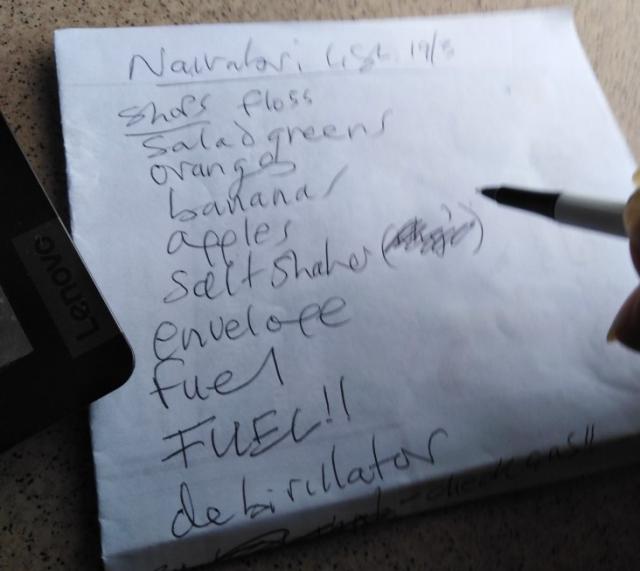Digital Edition
Subscribe
Get an all ACCESS PASS to the News and your Digital Edition with an online subscription
Major PALM scheme labour hire firm collapses
Liquidators have been appointed to wind up a prominent labour hire contractor that employed Pacific workers to work on Granite Belt farms.
According to a...








